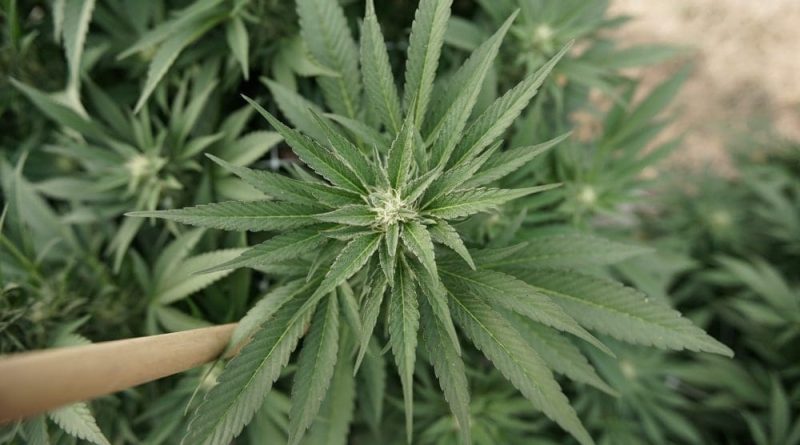Pennsylvania’s State-Run Marijuana Model Is Not A True Path To Local Ownership (Op-Ed)
From toxifillers.com with love
“Selling weed through the same system that sells vodka isn’t going to guarantee Black ownership, community power or justice.”
By Krystal Bush, Free My Weedman
In Pennsylvania’s billion-dollar cannabis economy, big corporations are raking in $150 million every month. Dispensaries gleam like Apple stores and marketing teams dream up the next strain drop like sneaker releases. So I’m not surprised to see that the latest cannabis legalization bill, House Bill 1200, proposes a “state store” model as the cornerstone for legalization.
Let’s be real: Selling weed through the same system that sells vodka isn’t going to guarantee Black ownership, community power or justice. That’s not a cannabis bill, that’s a business plan for the state.
Now, maybe I lost too many of you once I said “Black ownership.” But the facts of our commonwealth speak for themselves.
Since 2013, there have been 189,509 people arrested in our state for possession of less than 30 grams of cannabis. Last year alone, Pennsylvania arrested over 12,000 people for a few grams of marijuana. Black residents were nearly five times more likely to be arrested than white residents. In some counties, that disparity climbs even higher.
And I can’t support HB 1200.
Why? Because ownership and access are the foundation of equity for everyone. HB 1200 does not guarantee ownership for the people who’ve paid the highest price for cannabis criminalization.
Let’s not forget: Pennsylvania’s current medical marijuana program is not Black-owned, not woman-owned, not Pennsylvanian-owned and not community-owned. Why should we trust a hybrid model with even heavier state control? Where is the clear pathway for the victims of prohibition to own what they helped build?
Meanwhile, a North Philadelphian named Joseph Akers sits in a New Jersey federal prison nine years into an 18-year sentence for cannabis. The same plant that now bankrolls billion-dollar industries has cost Joseph his freedom, fatherhood and dignity.
Today, Pennsylvania allows corporations to sell cannabis in sleek packaging while Joseph is labeled a “drug dealer” and rots in a cell for doing the same.
What’s worse? HB 1200 does nothing to ensure that Joseph’s 22-year-old son, a young Black man who has already inherited the trauma of prohibition, could even own a piece of this new industry.
I understand that cannabis is still illegal at the federal level. The state may not have the power to free Joseph today, but We The People of Pennsylvania do have the power to repair the harm.
Pennsylvania must include a binding community equity clause in HB 1200 that guarantees absolute ownership, not leftovers, for the people most impacted by prohibition.
Lawmakers like Rep. Rick Karjewski (D), who is committed to social justice, must show the transparency and effort to amend and rewrite the HB 1200 to center on total health equity, not just revenue.
The state store model is looking backwards instead of forwards. Legislators must begin to hear the voices of community stakeholders instead of just well paid corporate lobbyists. And if they won’t, we’ll organize and mobilize to ensure the local people who built this community and this industry are no longer shut out.
Justice can’t be licensed by the state. Call your legislators. Tell them: Real equity means real ownership and pathway for legacy operators.
It’s not a discounted license. It’s not about waiting years either.
Full circle justice. Reparative equity. Real ownership. Now.
Kristal Bush is the social impact director of Free My Weedman.
Photo courtesy of Chris Wallis // Side Pocket Images.


